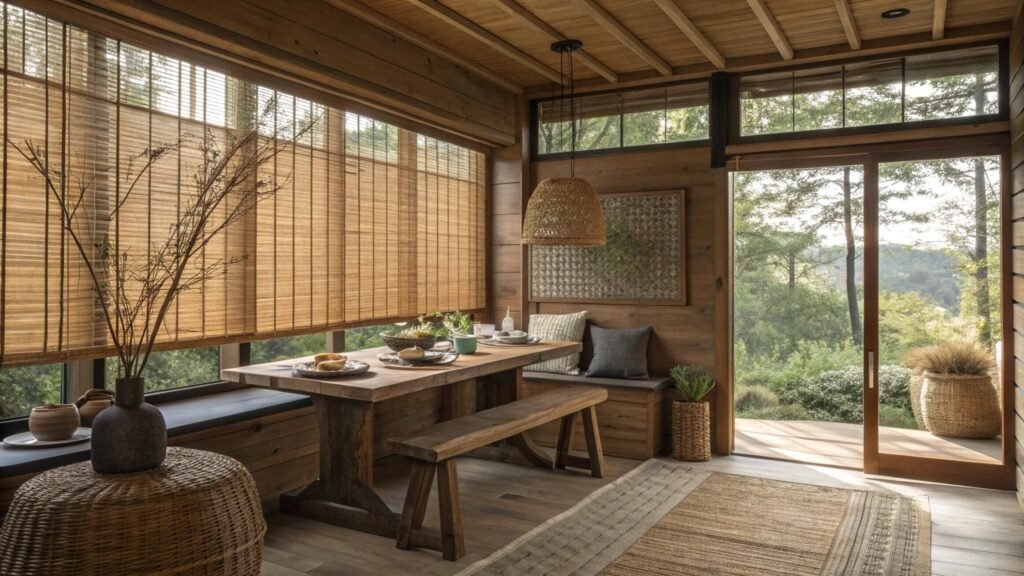You invested in beautiful bamboo blinds1, loving that they were a natural, sustainable choice for your project. But now they're old or you're upgrading, and you're faced with a question: can you just toss them in the recycling bin? It feels right, but you're not entirely sure.
While the bamboo material itself is biodegradable2, the complete blind assembly is often not accepted in standard recycling programs3. This is due to the mix of materials like metal headrails4, polyester cords, and chemical coatings. The best path is to prioritize reuse5 through upcycling6 or donation7 whenever possible.

I work with clients all the time who are focused on making sustainable choices8, from the materials they spec to the end-of-life plan for those products. The biggest misconception I see is that "eco-friendly9" automatically means "recyclable." For products like bamboo blinds, the story is more complex. The best approach is to stop thinking about disposal and start thinking about a product's next life. Let's break down the most responsible options.
Are Bamboo Products Recyclable?
You hear "bamboo" and instantly think "green" and "eco-friendly." But does that mean it can go straight into the recycling or compost bin? The answer is a bit more complicated than a simple yes or no.
Bamboo itself is a natural, fast-growing grass that is fully biodegradable. However, most bamboo products, including blinds, are treated with finishes or mixed with other materials like plastic and metal. This combination makes them unsuitable for standard recycling or composting facilities.
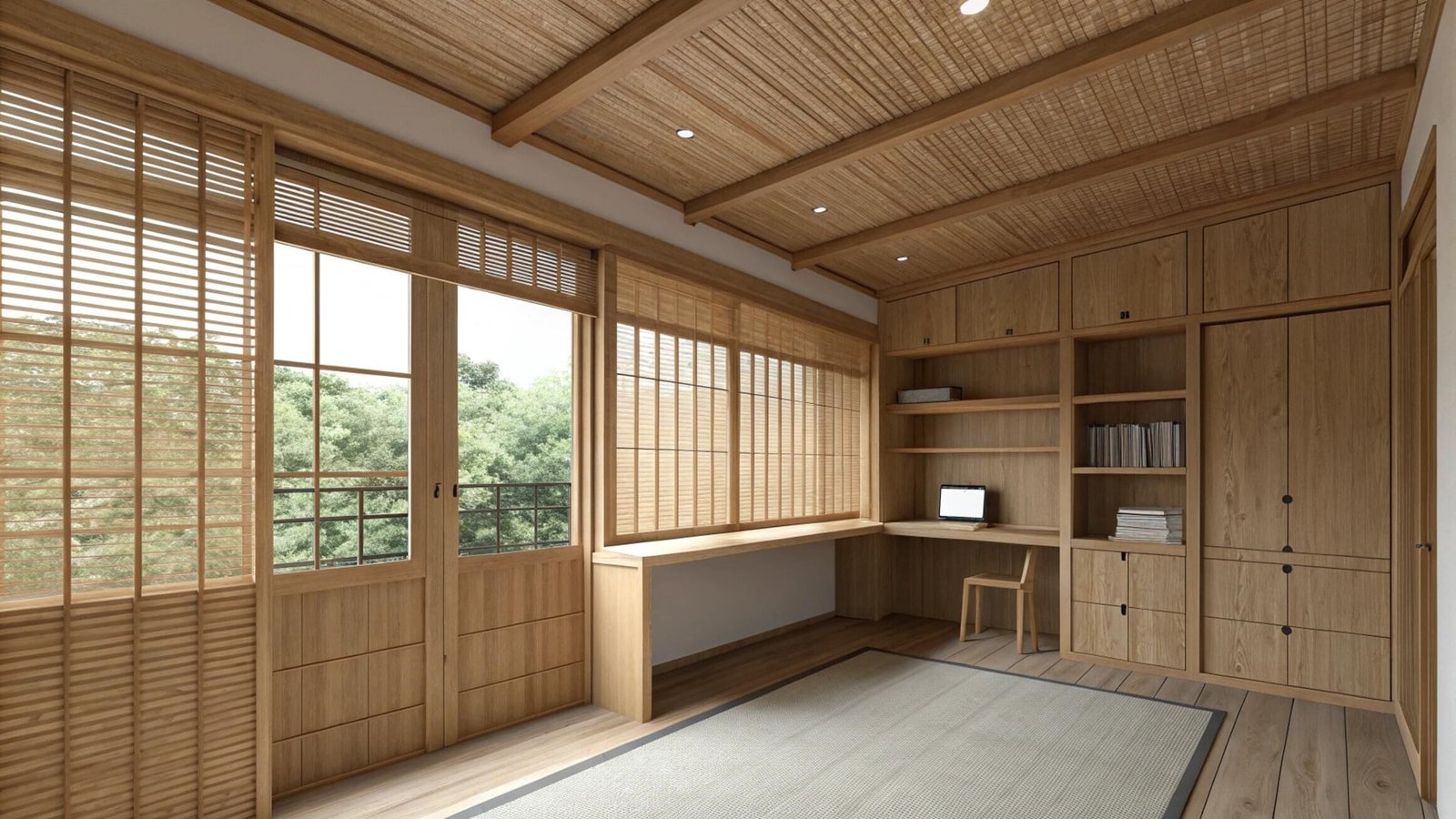
It's important to understand the difference between a raw material and a finished product. As a raw material, bamboo is a sustainability champion. It grows incredibly fast and requires few resources, making it an excellent alternative to slow-growing woods. This is why we see it used in everything from flooring to fabrics and, of course, blinds. However, to become a durable blind, that raw bamboo is cut, treated, often stained or sealed, and then assembled with many other components. It has a metal headrail, polyester or nylon lift cords, and various plastic parts. These non-biodegradable elements prevent the entire unit from being recycled as one piece. Before the natural bamboo can biodegrade, all these other parts must be manually removed.
How Do You Dispose of Old Blinds?
Your old blinds are sitting in the garage, and throwing them in the trash just feels wrong. You want to do the right thing, but you're not sure what the alternatives are beyond the curb.
When getting rid of old blinds, you generally have three options: landfill10, recycling specific components, or donation. The best choice depends on the blind's material, size, and condition. Sending them to the landfill should always be your absolute last resort.
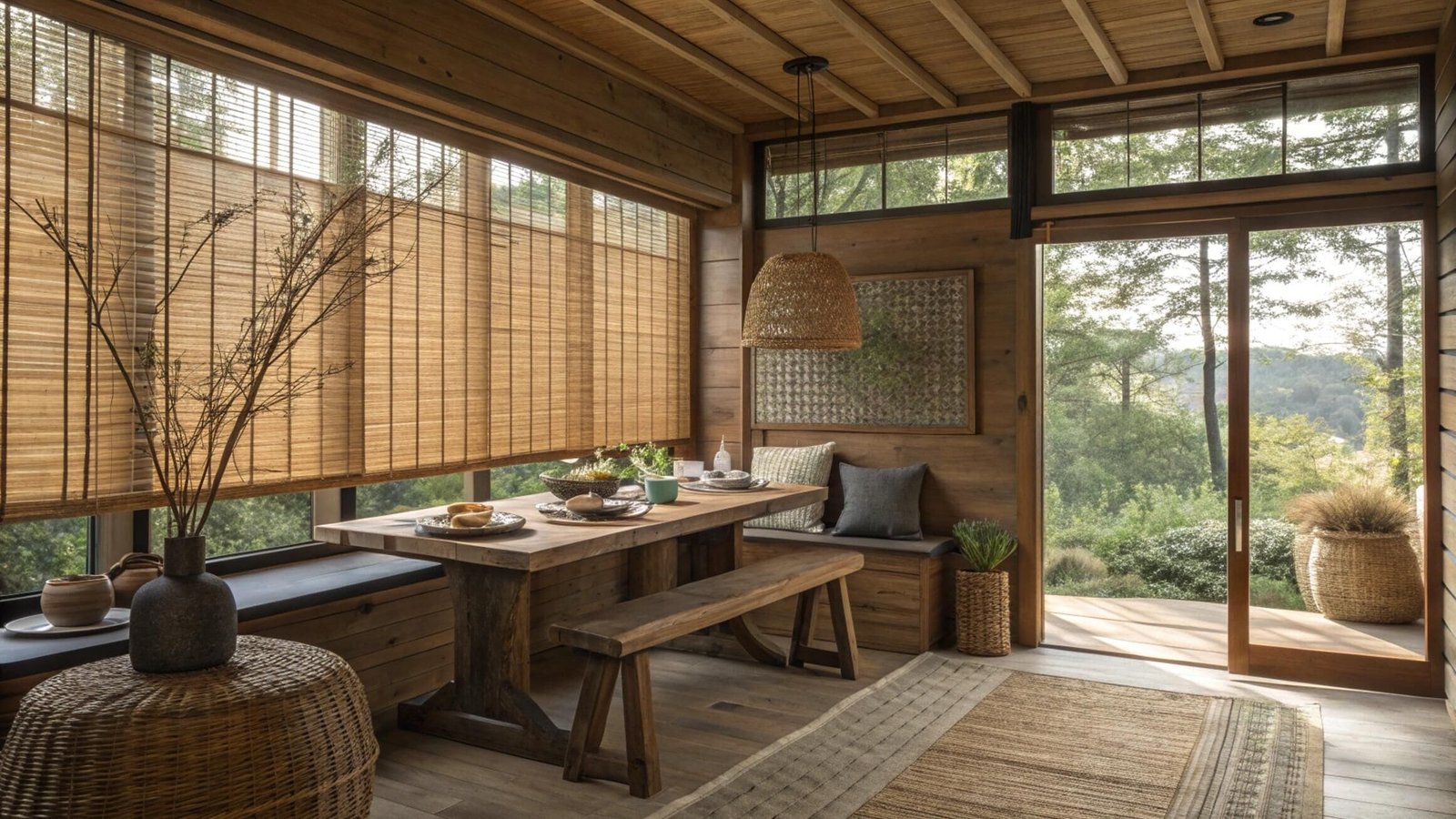
As a supplier, I believe in looking at a product's entire journey, from creation to its eventual end of life. Here's a breakdown to help you decide on the best path:
| Disposal Option | Pros | Cons | Best For... |
|---|---|---|---|
| Landfill | Quick and easy. | Environmentally harmful; contributes to waste. | Only for blinds that are completely broken, moldy, or have no salvageable parts. |
| Recycling | An environmentally responsible choice for certain parts. | Requires full disassembly; rules vary by location; fabric/slats usually aren't recyclable. | Metal headrails (aluminum/steel) and sometimes clean polyester cords11 (check with your local facility). |
| Donation/Reuse | Extends the product's life; zero-waste; helps the community. | Blinds must be clean, fully functional, and in a desirable size. | Good-condition blinds that someone else can easily install and use. |
Before you do anything, the first step is to assess the condition. If it still works perfectly, donation or reuse5 is by far the superior option.
How to Upcycle Wooden or Bamboo Blinds?
Don't let those old bamboo blind slats end up in a landfill! With just a little bit of creativity, you can easily transform them into beautiful and practical new items for your home and garden.
You can upcycle old blinds into everything from garden tools to home décor. Some of the most popular projects include making plant markers, building a trellis for climbing plants, creating decorative wall art, or even constructing coasters and placemats.
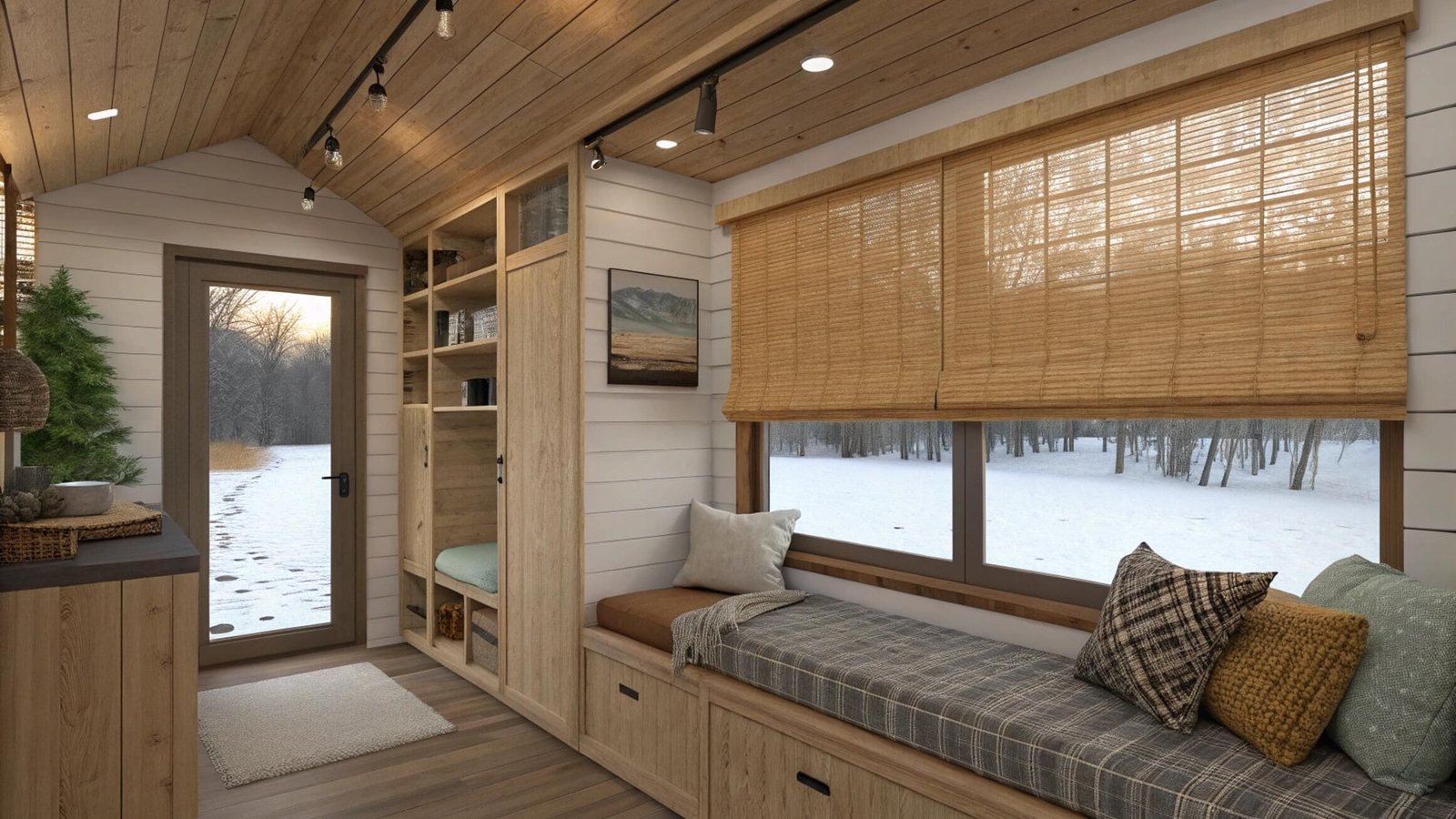
This is my favorite option because it fully embraces the spirit of sustainable living. Instead of consuming energy to recycle parts, you give the material a brand-new purpose. Here are a few ideas I've seen clients use successfully:
- Garden and Plant Helpers: The thin, durable slats are perfect for the garden. You can write plant names on them with a permanent marker to use as plant labels. You can also weave them together with twine to create a small, elegant trellis for climbing plants like peas or jasmine.
- Unique Home Décor: Cut the slats to various lengths and glue them inside a shadow box to create a textured piece of wall art. Or, string them together to make a rustic room divider or a beaded curtain.
- Practical Household Items: Line up the slats and glue them onto a cork or felt backing to create custom placemats or coasters. You can even use them to frame a small mirror or create a unique backing for a picture frame.
What to Do with Broken Blinds?
You have a blind that's broken, stained, or missing parts. It's not good enough to donate, but throwing the whole thing away feels wasteful. The best approach is to play the role of a dismantler.
If a blind is too broken to donate or sell, your most responsible option is to separate it into its different materials. You can typically recycle the metal components, dispose of the non-recyclable parts, and save the slats for upcycling projects.
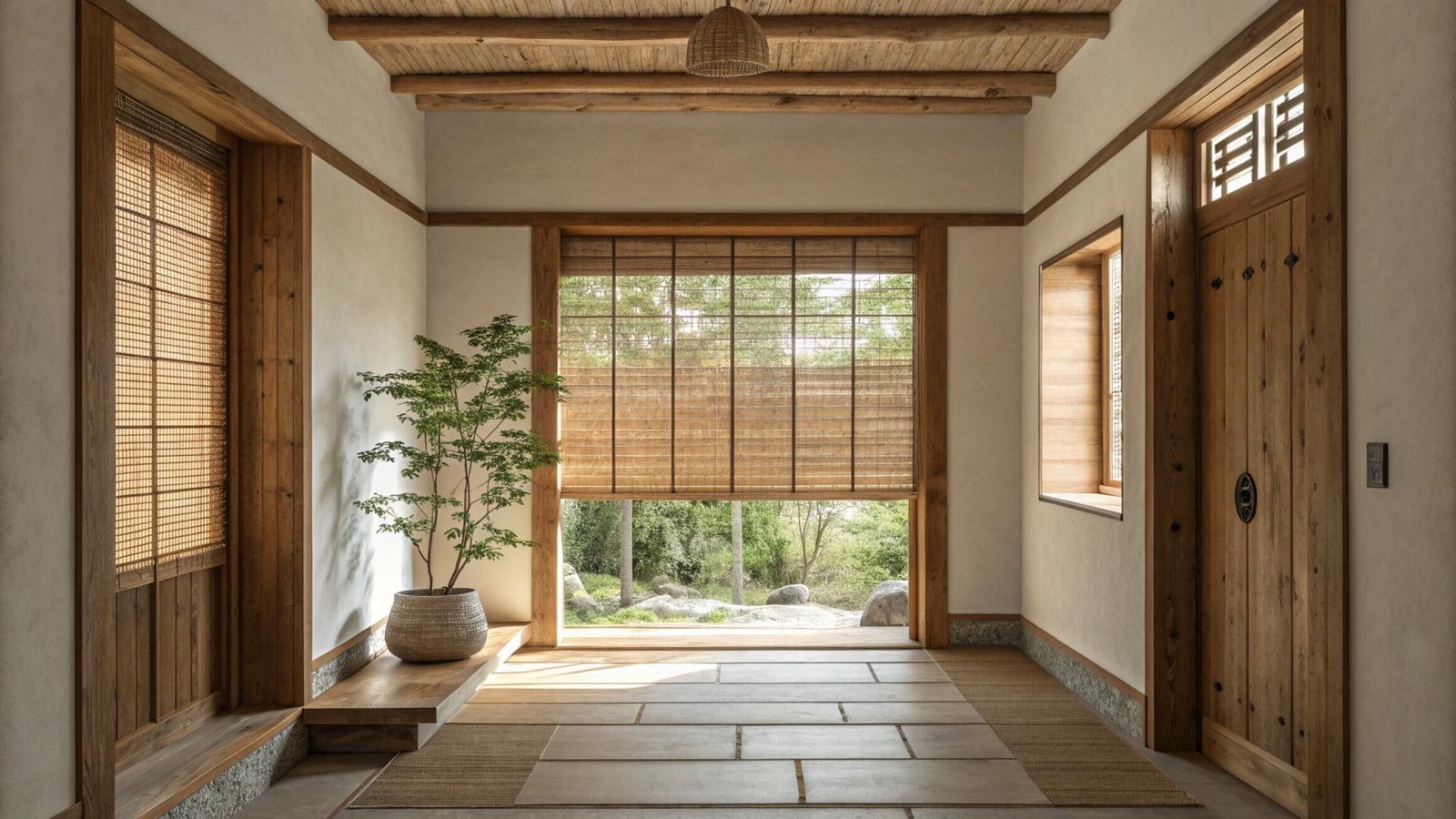
This process takes a little effort but makes a big difference. Here’s a simple guide:
- Isolate the Metal: Start by removing the metal headrail at the top and the bottom rail. These are usually made of aluminum or steel, which are highly recyclable. Use wire cutters to snip the cords and release the slats. Most local recycling centers have a dedicated bin for scrap metal.
- Handle the Cords and Plastic: The lift cords are typically made from nylon or polyester, and the small plastic components are often not recyclable in curbside programs. Unfortunately, these parts usually have to be thrown in the trash.
- Save the Slats: Now you are left with a neat pile of bamboo or wood slats. These are your raw materials for the upcycling projects we talked about earlier! Store them for your next creative endeavor.
By disassembling the blind, you ensure that the valuable metal gets recycled and the usable bamboo gets a second life.
Conclusion
While bamboo is an eco-friendly material, bamboo blinds are not fully recyclable in one piece. The best approach combines reuse and responsible disposal. Donate usable blinds, upcycle the slats into new creations, and recycle the metal parts to minimize waste and honor your sustainable investment.
Partner with VelaBlinds for Your Next Project
Smart window treatments shouldn't be complicated. After working with 500+ distributors and contractors worldwide, I've streamlined the process to get you quality products, competitive pricing, and reliable support - every time.
Why project professionals choose VelaBlinds:
- ✅ Fast, Accurate Quotes - Detailed specs and pricing within 24 hours
- ✅ Transparent Pricing - No hidden fees, volume discounts clearly outlined
- ✅ Quality Assurance - Direct partnerships with certified OEM manufacturers
- ✅ Project Support - Dedicated account manager from quote to delivery
Start your next project:
📧 Quick Quote: Send your requirements to info@velablinds.com
📱 Direct Contact: WhatsApp +86 137 2012 8317
🌐 Browse Solutions: https://velablinds.com/
📁 Product Resources: Access spec sheets, catalogs & project files
Paul Chen, Founder
"I built VelaBlinds to solve the real challenges I faced as a project buyer - long lead times, unclear specs, and unreliable suppliers. Let's discuss how we can power your projects with smarter blinds."
Serving distributors and contractors across North America, Europe, and Australia since 2018.
-
Explore this link to understand the recycling options for bamboo blinds and make eco-friendly choices. ↩
-
Learn about the biodegradability of bamboo and its implications for sustainability. ↩
-
Check this link for information on recycling programs that accept bamboo and similar materials. ↩
-
Explore the recyclability of metal headrails and how to properly dispose of them. ↩
-
Understand the benefits of reusing bamboo products and how it contributes to sustainability. ↩ ↩
-
Discover creative upcycling ideas to give your old bamboo blinds a new life. ↩
-
Find local organizations that accept donations of old bamboo blinds for reuse. ↩
-
Find resources on sustainable home decor options that align with eco-friendly living. ↩
-
Understand the criteria that define eco-friendly products and their benefits. ↩
-
Learn about the negative effects of landfill waste and why recycling is important. ↩
-
Discover the recycling options for polyester cords and their environmental impact. ↩

